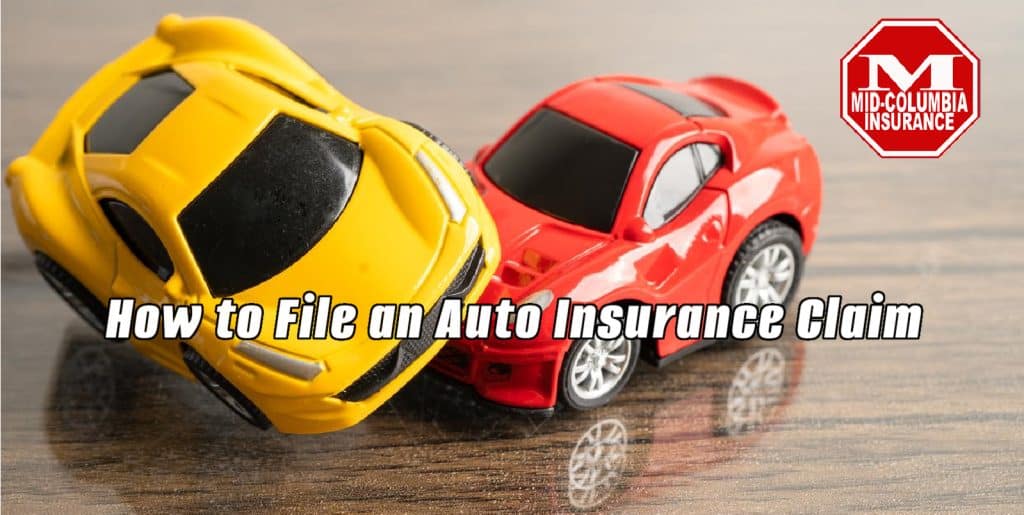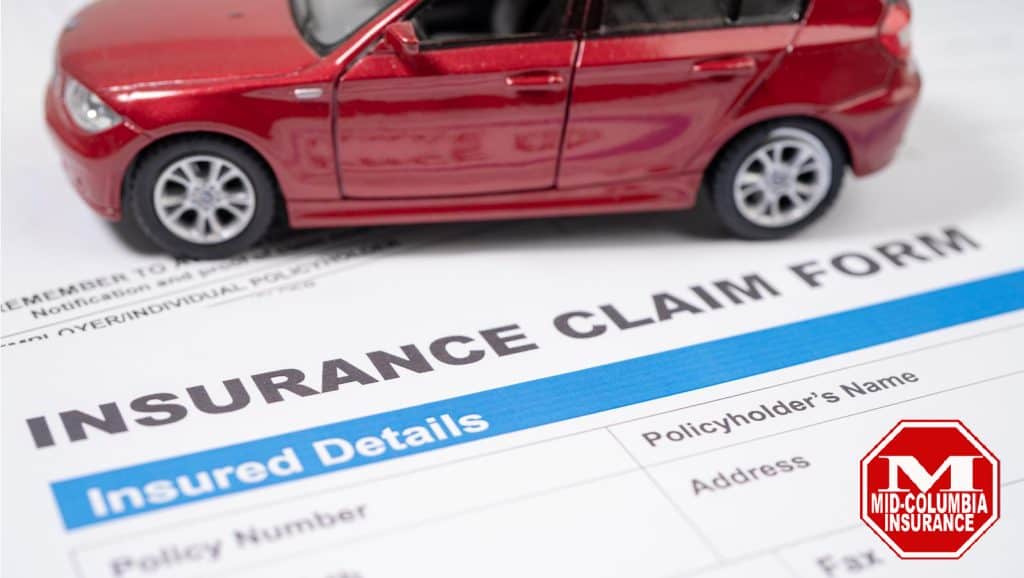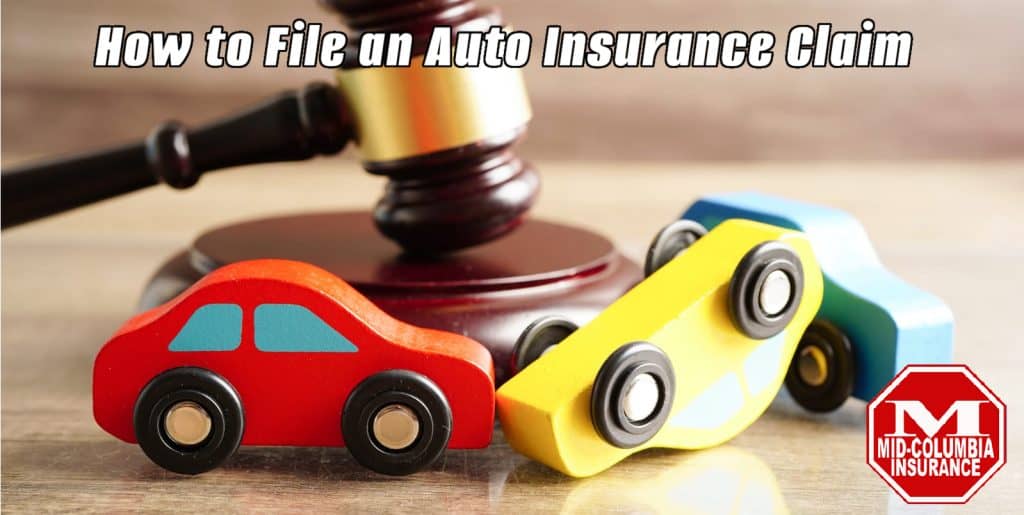
Filing an auto insurance claim is a process that most policyholders will need to go through at some point. The process involves contacting your insurance company, providing necessary documentation, and working with a claims adjuster to determine fault and coverage. Understanding the steps and having the right information can make the claim process smoother and less stressful.
When to File an Auto Insurance Claim
You should file an auto insurance claim whenever you are involved in an accident that results in damage to your vehicle, another person’s vehicle, or property, or if there are injuries to yourself or others. Even if the accident seems minor, it’s essential to report it to your insurance company as soon as possible.
Information Needed to File an Auto Insurance Claim
To file an auto insurance claim, you will need to provide your insurance company with several key pieces of information:
- Your insurance policy number
- The date, time, and location of the accident
- A description of what happened
- The names and contact information of any other drivers involved
- The make, model, and license plate numbers of any other vehicles involved
- The names and contact information of any witnesses
- Photos of the damage to your vehicle and any other vehicles or property involved
- A copy of the police report, if one was filed
Having this information readily available when you contact your insurance company will help speed up the claim process.

Steps to File an Auto Insurance Claim
- Report the accident to your insurance company as soon as possible, either by phone or online.
- Provide necessary documentation, such as your policy number, accident details, and any photos or police reports.
- Your insurance company will assign a claims adjuster to your case.
- The adjuster will investigate the claim, which may involve contacting other drivers, reviewing police reports, and examining damage to vehicles.
- The adjuster will determine fault and coverage based on the evidence and your insurance policy.
- Repair estimates will be obtained from an auto repair shop.
- Your insurance company will approve the repairs and authorize the shop to begin work.
- Once your vehicle is repaired, you will need to pay any applicable deductible.
- Your insurance company will settle the claim and make any necessary payments.
Coverage Types and How They Affect Your Claim
The type of coverage you have will determine what your insurance company will pay for in the event of an accident. Some common types of coverage include:
- Liability coverage, which pays for damage you cause to another person’s vehicle or property, as well as injuries to others.
- Collision coverage, which pays for damage to your own vehicle in the event of an accident, regardless of who is at fault.
- Comprehensive coverage, which pays for damage to your vehicle caused by things like theft, vandalism, or natural disasters.
- Personal injury protection (PIP) or medical payments coverage, which pays for medical expenses for you and your passengers in the event of an accident.
It’s important to review your insurance policy and understand what types of coverage you have before filing a claim.

Timeframes for Filing an Auto Insurance Claim
The timeframe for filing an auto insurance claim can vary depending on your insurance company and the state you live in. However, it’s always best to report an accident to your insurance company as soon as possible, ideally within 24 hours.
After reporting the accident, you will typically have a certain amount of time to provide any necessary documentation and complete the claim process. This can range from a few days to a few weeks, depending on the complexity of the claim.
It’s also important to note that most states have a statute of limitations for filing an auto insurance claim, which is typically one to two years from the date of the accident. If you wait too long to file a claim, you may be unable to receive compensation for your damages.
Fault Determination and How It Affects Your Claim
Determining fault is a critical part of the auto insurance claim process, as it can impact your coverage and the amount of money you receive. Fault is typically determined by the claims adjuster based on evidence such as:
- The police report
- State traffic laws
- Witness statements
- Photos of the accident scene
- Damage to the vehicles
- The position of the vehicles after the accident
- Skid marks on the road
- Traffic camera footage, if available
- Data from vehicle data recorders, if equipped
- Admissions of fault by any parties involved
If you are found to be at fault for an accident, your insurance company will typically pay for damages to the other party’s vehicle or property, up to your policy limits. If you are not at fault, the other party’s insurance company will typically be responsible for paying for your damages.
Claim Amount and Factors That Affect It
The amount of your auto insurance claim will depend on several factors, including:
- The cost of repairs to your vehicle
- The replacement cost of your vehicle if it is a total loss
- Any medical expenses for injuries sustained in the accident
- Lost wages if you are unable to work due to your injuries
- Pain and suffering damages, in some cases
- Rental car costs while your vehicle is being repaired
- Towing and storage fees, if applicable
- Your insurance policy’s deductible
- The salvage value of your vehicle if it is a total loss
- The diminished value of your vehicle after repairs
Your insurance company will work with you to determine the total amount of your claim based on these and other factors.
Conclusion
Filing an auto insurance claim can be a complex and stressful process, but understanding the steps involved and having the right information can help make it easier. Remember to report any accidents to your insurance company as soon as possible, provide all necessary documentation, and work closely with your claims adjuster throughout the process. By doing so, you can ensure that you receive the compensation you need to repair your vehicle and move forward after an accident.
Mid-Columbia Insurance
– Your Trusted Insurance Agent
Call (509)783-5600 and speak to one of our independent insurance agent professionals today, or click “Get a Quote” to request an insurance quote.
